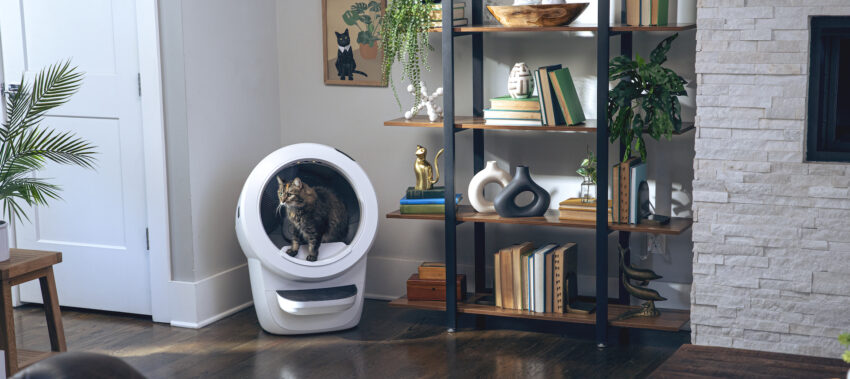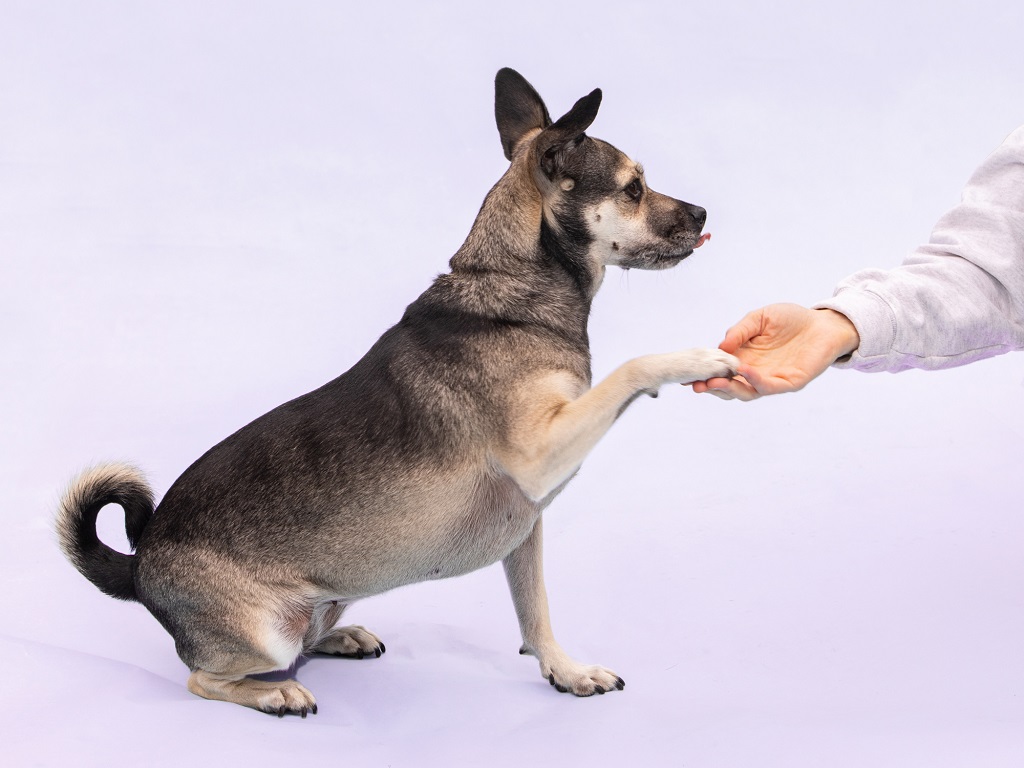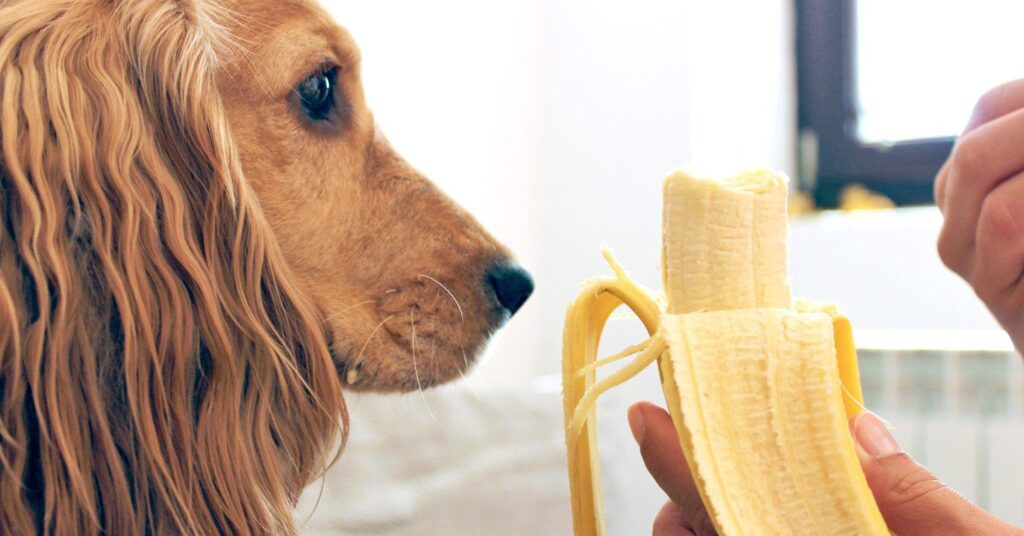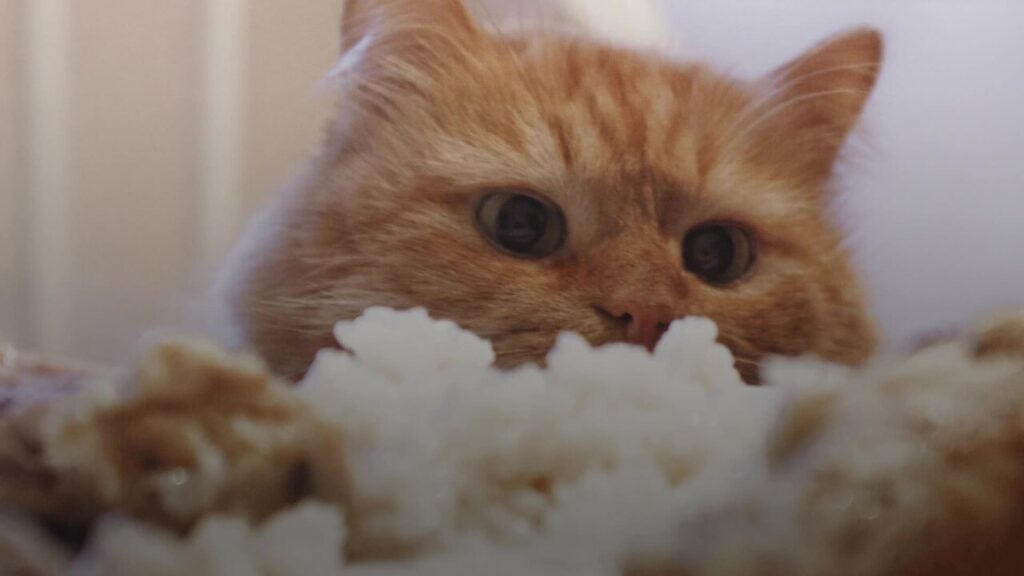Cats are mysterious creatures. They are predators, but they’re also perfect lap cats who like to sleep on your bed at night. When it comes to poop, however, they’re not as cute or cuddly as they seem. The feline species is one of the most discreet when it comes to poop, and if there’s ever a cat poop surprise for you, chances are it will be them.
As a cat owner, knowing how long your cat can go without pooping can come in handy. The longer the poop is absent, the more serious the issue may be. This blog covers normal poops for cats and how long cats can go without pooping. It also discusses natural remedies for constipation in cats and ways to stimulate the movement of stool in felines.
What Is a Normal Cat Poop?
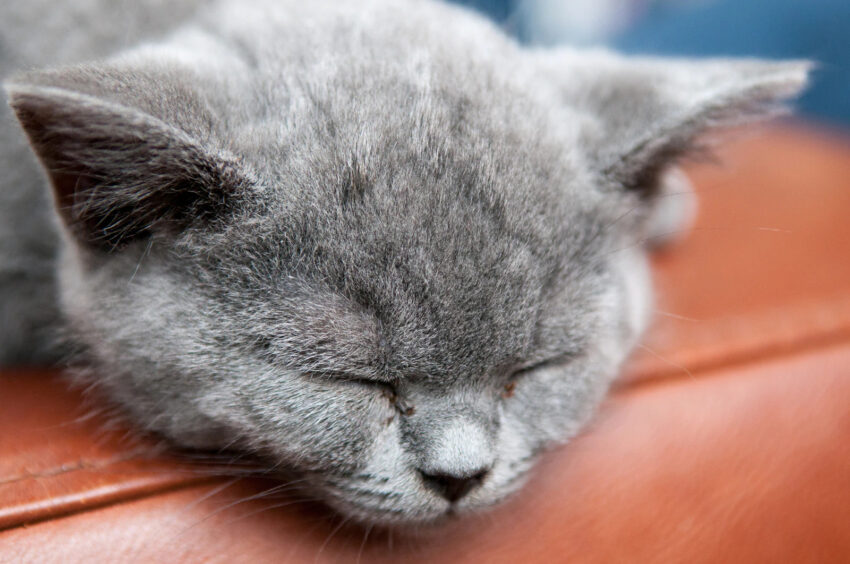
Normal cat poop is a soft, feces-like substance that an adult cat produces once per day. This feces-like substance is usually brown in color and not too firm or too dry. In the ideal world of cats, poop should be made daily and it should be consistent in size and color. Cats pooping on a regular basis help keep their digestive system healthy and balanced. Healthy poop will typically be dark brown in color and not too soft or too hard.
When you look at a cat’s feces, you can tell if its digestive tract is working properly by the consistency of its stool. Too much stool may be soft and watery, while too little stool could be hard and dry. Like people, cats can have diarrhea or constipation, both of which can lead to inconsistent stool consistency. So why should you care about what your cat eats?
If your cat’s stool is inconsistent, it could lead to problems such as blocked intestines or diarrhea. Dairy products may also upset a cat’s stomach, so avoid feeding cats milk. Additionally, make sure your cat gets enough fresh water and feed it high-quality food with no additives.
How Long Can Cats Go Without Pooping?
– Healthy cats can typically hold their poop for up to 48 hours before it is considered constipation.
– Kittens can hold their poop for up to 12 hours due to their smaller bladders and intestines.
– Cats can also hold their poo for up to 72 hours if necessary.
– Post-surgical constipation can take up to 4 days to resolve, but this is dependent on the health of the cat and the cause of constipation.
In the case of constipation, your veterinarian may recommend dietary changes or laxatives to help relieve symptoms and promote bowel movement. If these measures don’t help, your veterinarian may prescribe a stool softener or prescribe a colonoscopy or enema as further treatment options.
Eating a healthy diet with enough fiber can help prevent constipation in cats. Additionally, keep your cat’s litter box clean and provide plenty of fresh water throughout the day.
Why Is My Cat Not Pooping?
If your cat is not pooping, it may be because of several reasons. Cats generally prefer to go to the bathroom in private, so if they are avoiding a litter box, you can check if their stool is clean. If your cat poops multiple times in one day, it could be a sign of constipation. This can occur if the cat’s diet is too dry or too high in fiber. Also, changes in the number of bathroom visits could be due to disruptions of their daily routine such as moving house or being separated from their litter box for too long. If your kitty’s pooping outside the litter box, this could be a sign that they’re upset about something.
However, cats aren’t able to tell us when they need to poop, so it’s important to keep an eye on them and make sure they are getting enough fluids and nutrition.
How to Stimulate Your Cat’s Bowel Movement
If you’ve noticed your cat pooping less than usual, it’s probably time to take a look at why it’s acting this way.
Ideally, your feline friend should poop every day. However, constipation can be an issue when a cat doesn’t have access to a litter box or stool isn’t being passed daily. Cats are prone to constipation because they don’t have the ability to regulate their bowel movements as humans do. They can only poo and pee at the same time and that’s why they have the urge to do so more often than we do. So if a cat isn’t pooping regularly, there’s a possibility of constipation.
Therefore, you should help your feline friend by providing them with additional fiber in their diet and encouraging them to drink more water by providing flavored broth or water fountains, or dripping faucets. Additionally, give your cat a gentle massage around the belly to stimulate bowel movement. You can also consider adding canned pumpkin to your pet’s diet for additional dietary fiber, as well as a kitty probiotic supplement for added digestive health protection.
When to Call the Vet
If your cat has not pooped in more than 48 hours, it’s important to contact your veterinarian for help. In this case, you should bring your cat to the vet as soon as possible.
Why? If a cat doesn’t defecate after this time frame, it could be signaling that there is a medical issue that needs to be addressed. Therefore, it’s vital to have your cat examined as soon as possible.
Additionally, if your cat is straining to defecate and has blood in the stool, is dehydrated, or seems unwell, you should also call your veterinarian. This could be due to a medical issue that requires immediate attention.
If the consistency of feces, frequency of bowel movements, coloration, or location of feces seem concerning, you should call your veterinarian for care. Also, if your cat is constipated and doing nothing to correct the problem on its own, you should contact your vet. Doing so will help ensure that your cat is healthy and able to go pooping normally.
Natural Remedies for Constipation in Cats
Constipation in cats is a common health problem with symptoms including lethargy, vomiting, and diarrhea. Mild cases of constipation can be treated by adding fiber to your feline’s diet, such as canned pumpkin, bran, or psyllium. This can help stimulate bowel movements and provide the insoluble fiber needed for optimal digestive health. Increasing fluid intake has also been shown to relieve constipation in cats. To stool softeners such as stool softener capsules or stool softener poops can also be used.
If constipation is severe or chronic, your veterinarian may prescribe enemas or laxatives. In more severe cases, surgery may be necessary and your cat may require fluids or an enema to ease constipation.
There are many medical conditions that can cause constipation in cats, so it’s important to speak with your veterinarian if you notice constipation in your feline companions.
Conclusion
In addition to their litter box habits, cats can be faced with constipation and vomiting. This is usually caused by dehydration or sickness. It’s not a medical emergency but you should seek vet advice if your cat acts lethargic, doesn’t respond to food or water, and poops less than normal. A veterinarian can prescribe medications that can help stimulate bowel movement and help eliminate the cause of constipation. However, you must remember that there is no substitute for treating constipation naturally. If your cat’s constipation persists, it is best to contact a veterinarian.
If you like to read more click here

